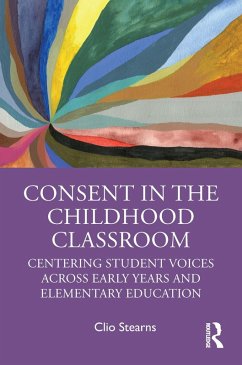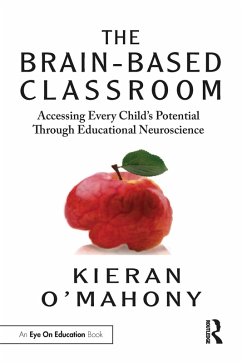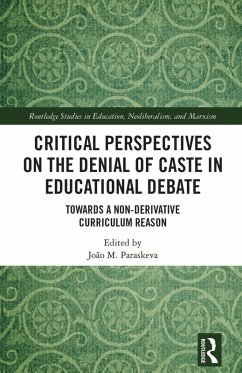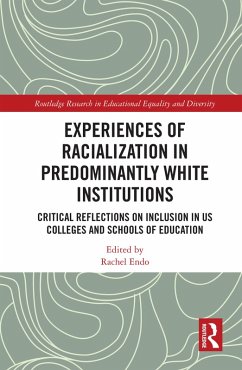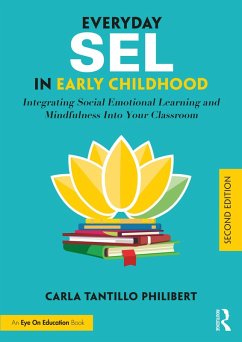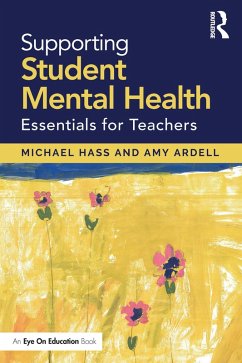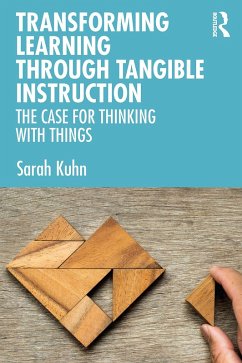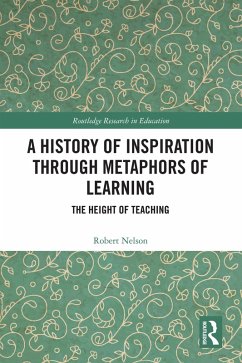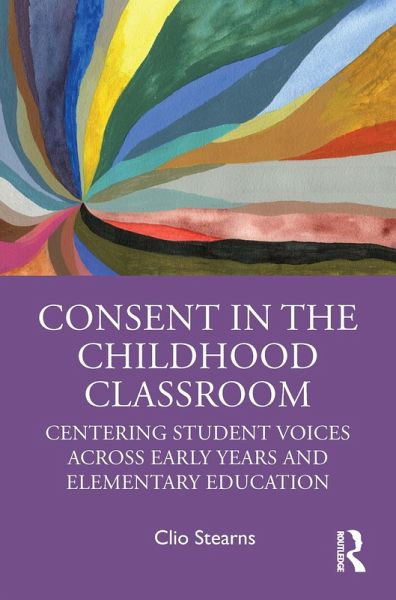
Consent in the Childhood Classroom (eBook, PDF)
Centering Student Voices Across Early Years and Elementary Education
Versandkostenfrei!
Sofort per Download lieferbar
39,95 €
inkl. MwSt.
Weitere Ausgaben:

PAYBACK Punkte
20 °P sammeln!
Consent in the Childhood Classroom challenges typical premises of social and emotional learning, self-regulation, and putative misbehavior by centering the theme of consent in the experiences of young children and their teachers. Early childhood and elementary teachers often face disruptions and acts of dissent from young students, without a helpful conceptual framework for understanding how these expressions may stem from social injustices, developmental nuances, and problematic assumptions about the nature of children's agency. By posing complex yet relatable questions about the presumptions...
Consent in the Childhood Classroom challenges typical premises of social and emotional learning, self-regulation, and putative misbehavior by centering the theme of consent in the experiences of young children and their teachers. Early childhood and elementary teachers often face disruptions and acts of dissent from young students, without a helpful conceptual framework for understanding how these expressions may stem from social injustices, developmental nuances, and problematic assumptions about the nature of children's agency. By posing complex yet relatable questions about the presumptions of authority, positivity, and routines in learning environments, and drawing on classroom anecdotes along with interviews with children and teachers, this book offers an accessible approach to cultivating expansive relationships in the classroom, a vision for a richer and more mutual education, and a clearer understanding of what school means from the perspective of the child.
Dieser Download kann aus rechtlichen Gründen nur mit Rechnungsadresse in A, B, BG, CY, CZ, D, DK, EW, E, FIN, F, GR, HR, H, IRL, I, LT, L, LR, M, NL, PL, P, R, S, SLO, SK ausgeliefert werden.




